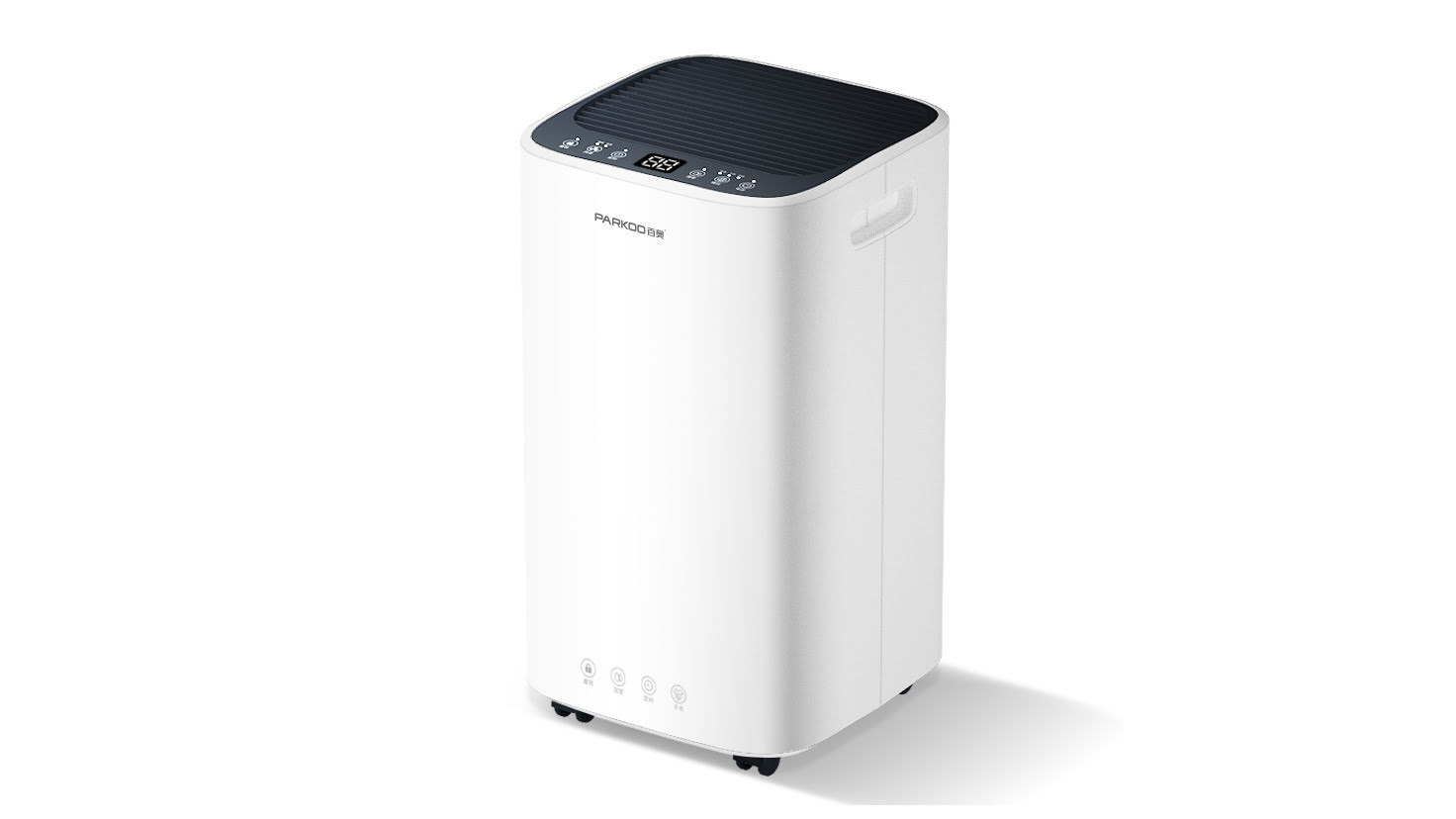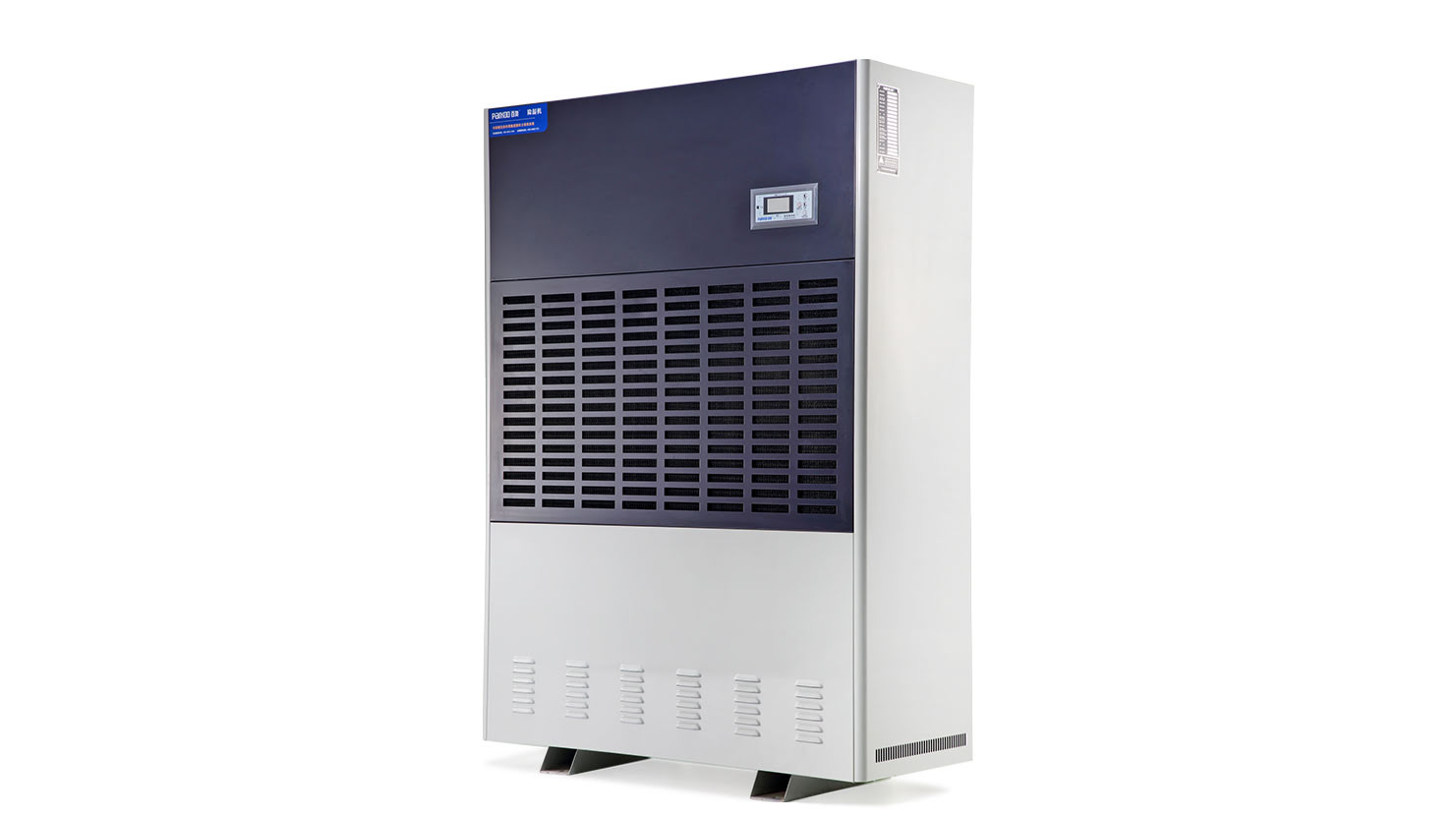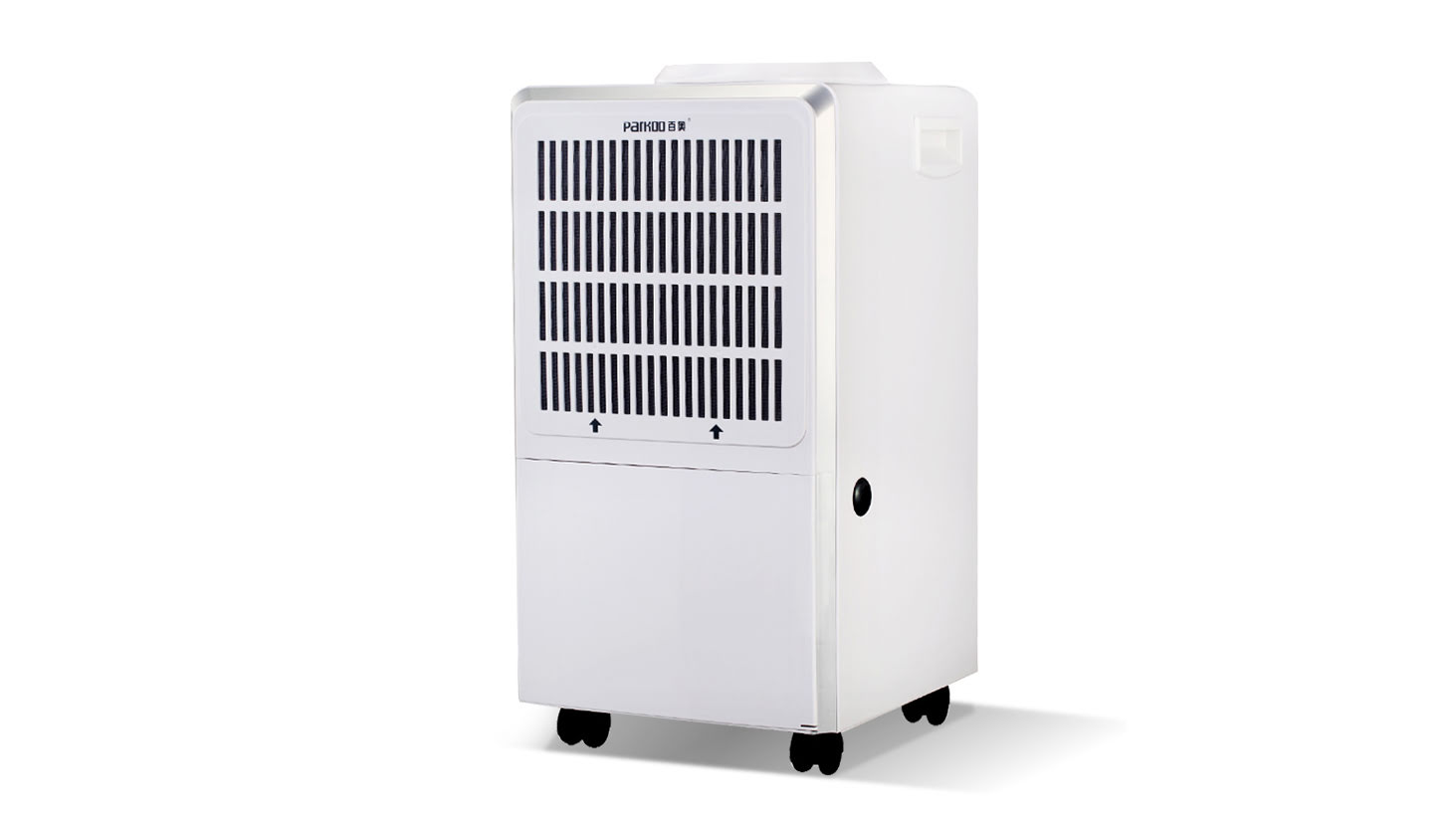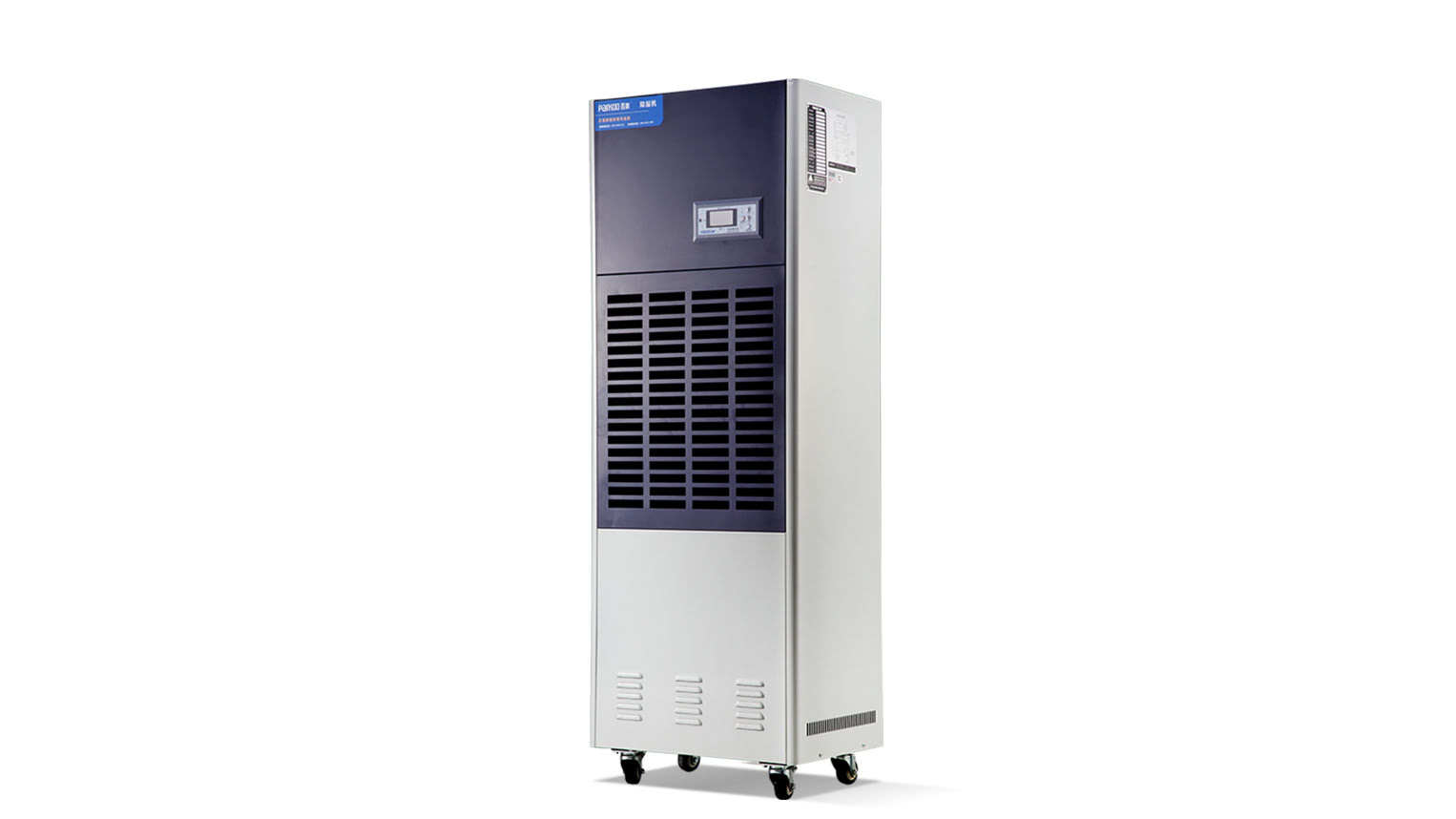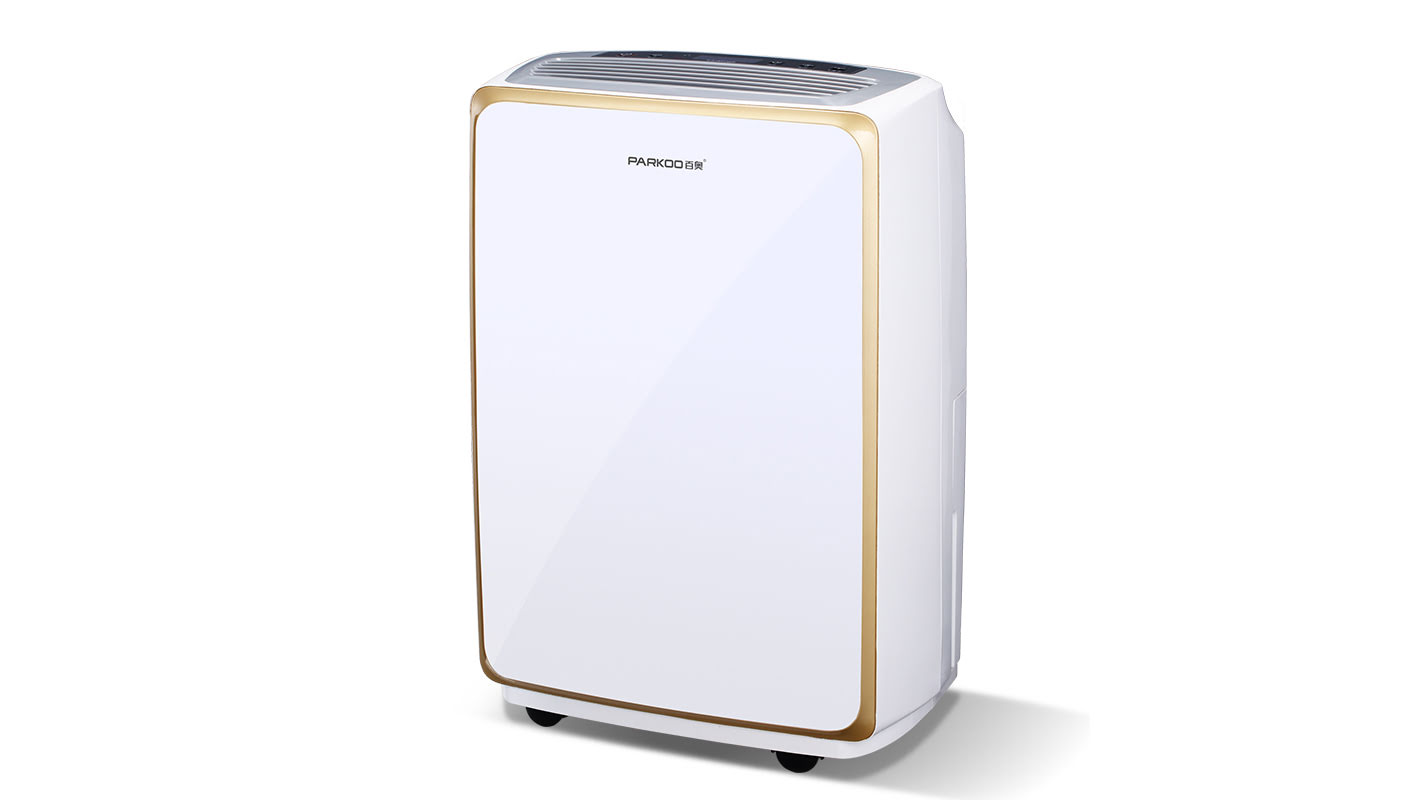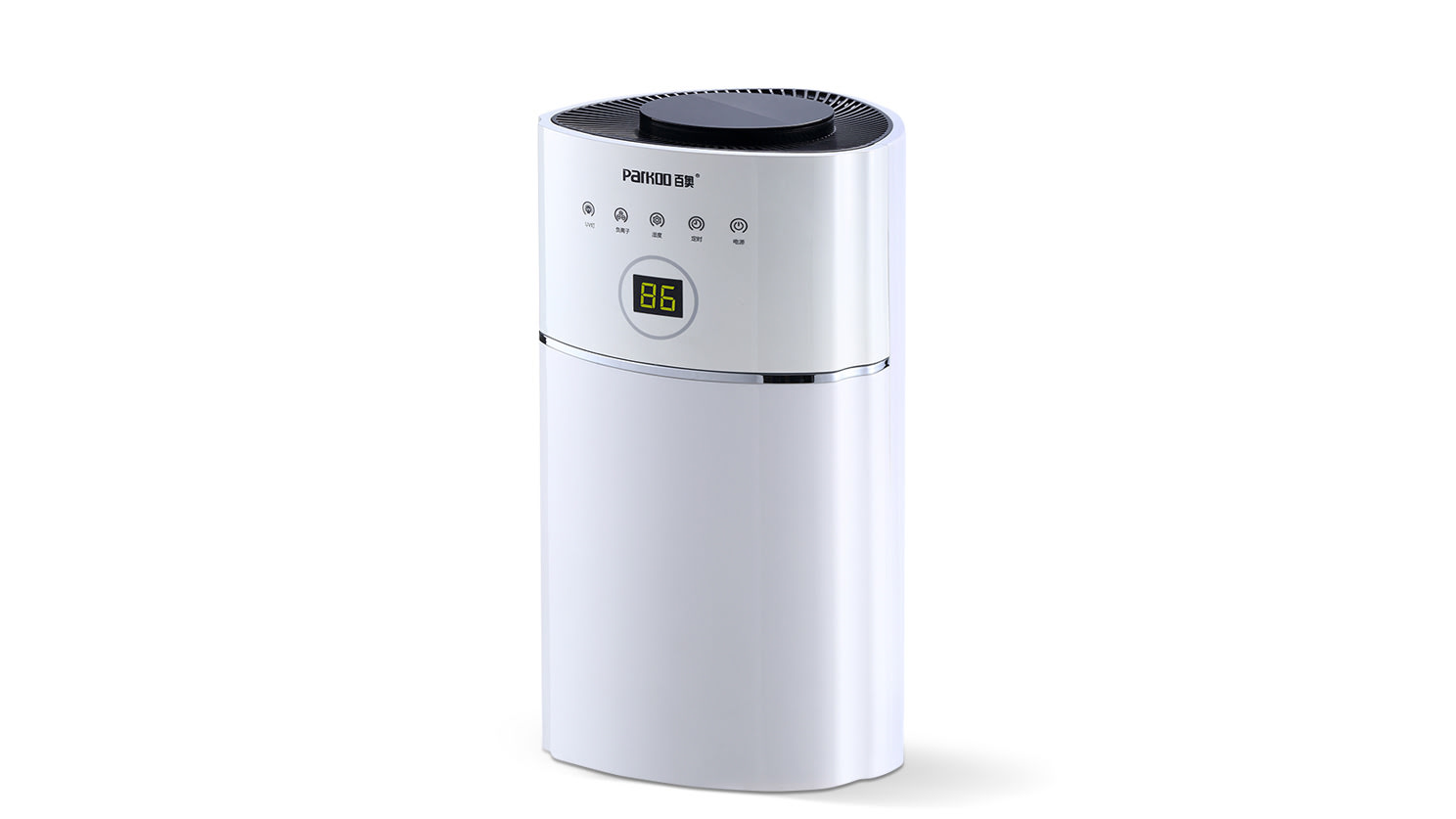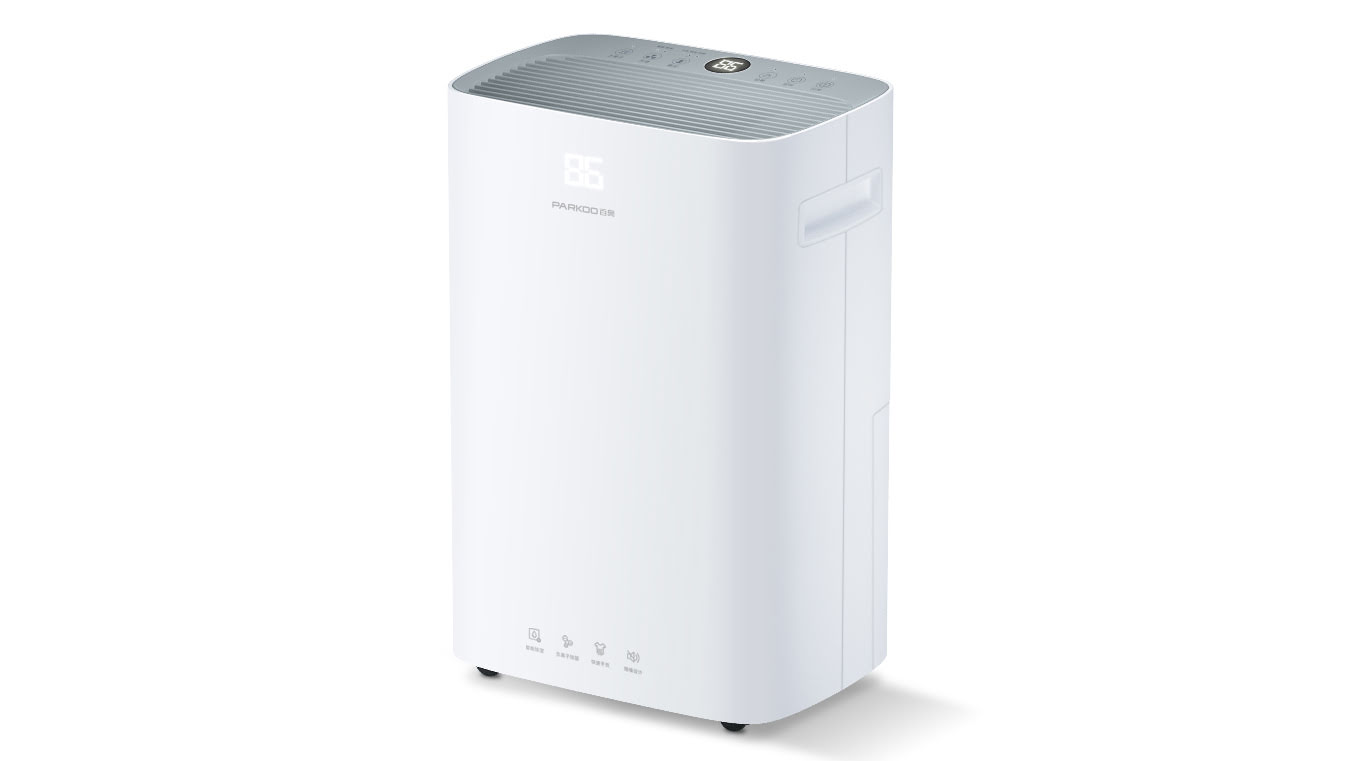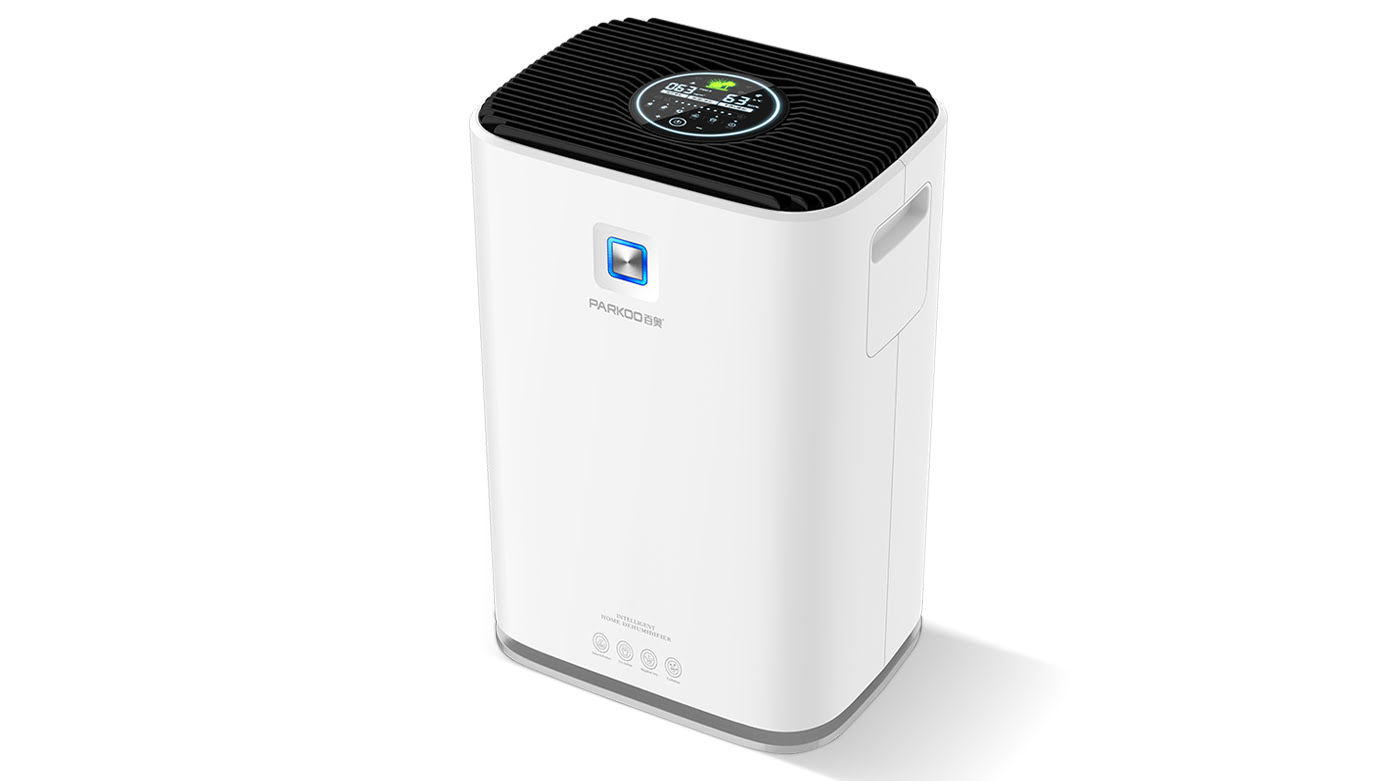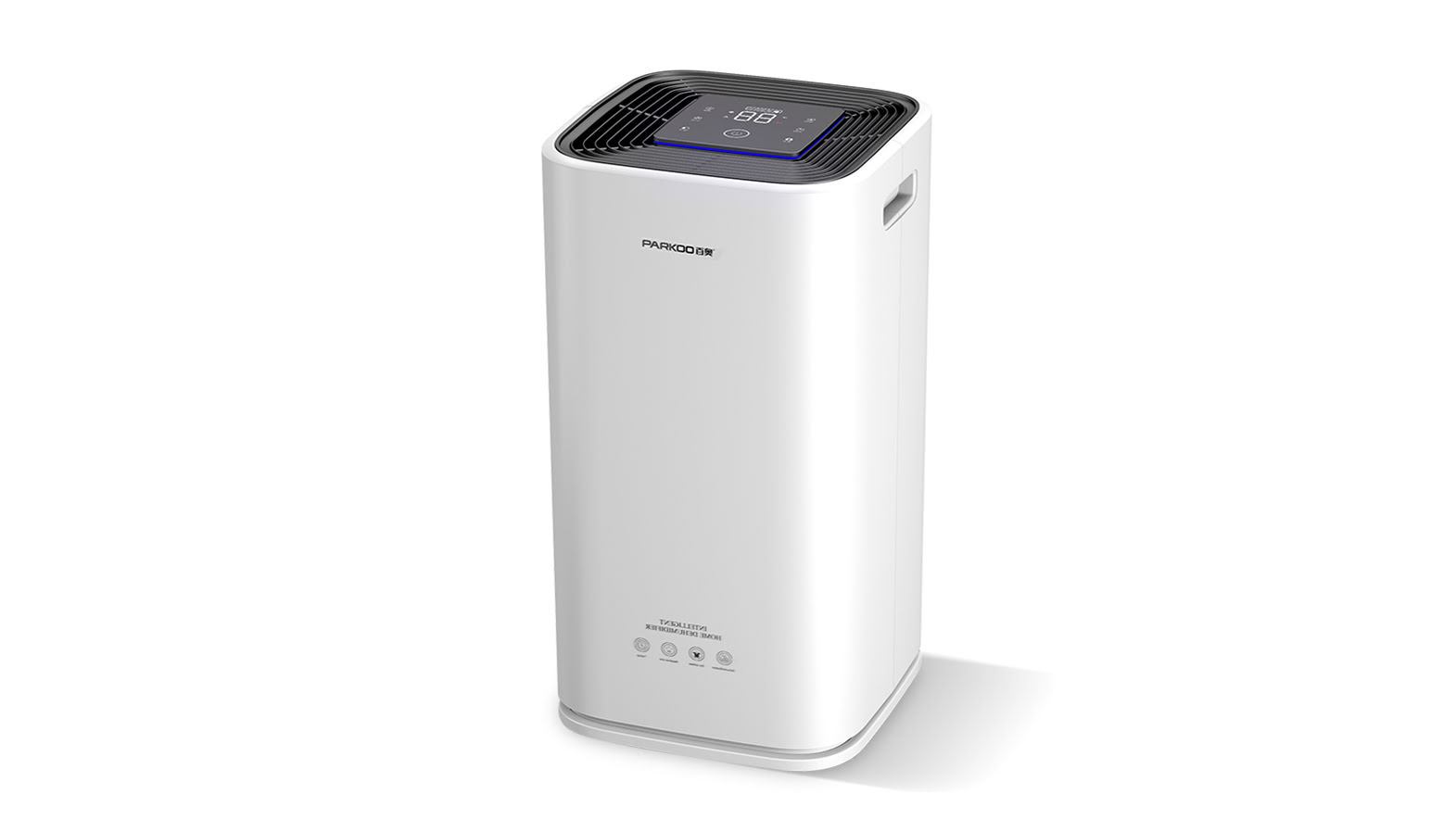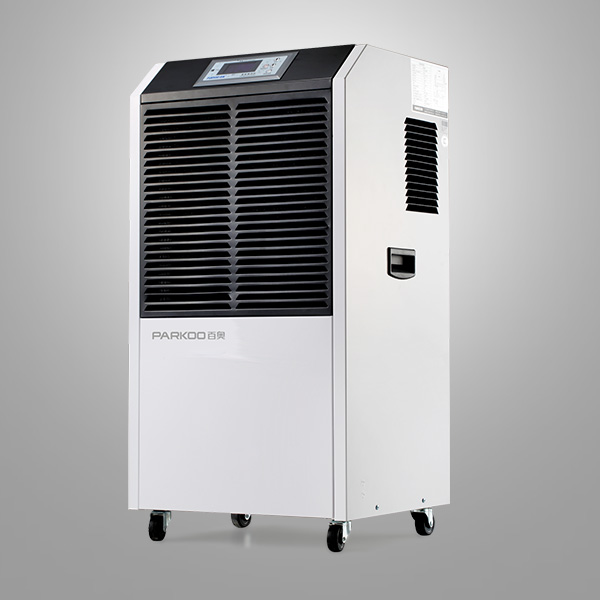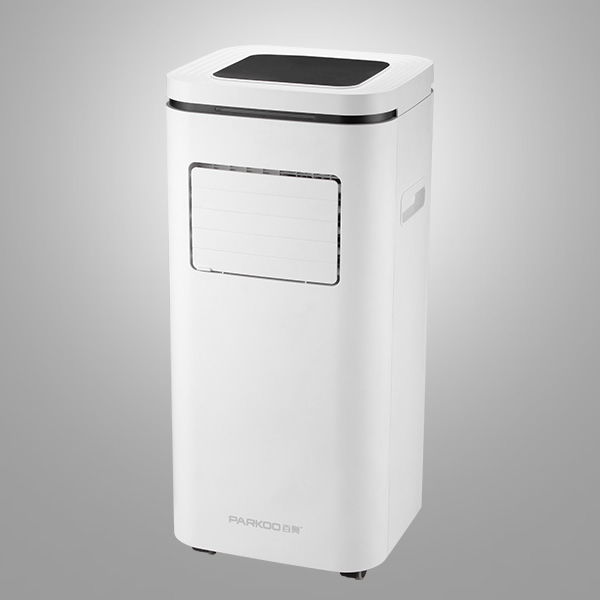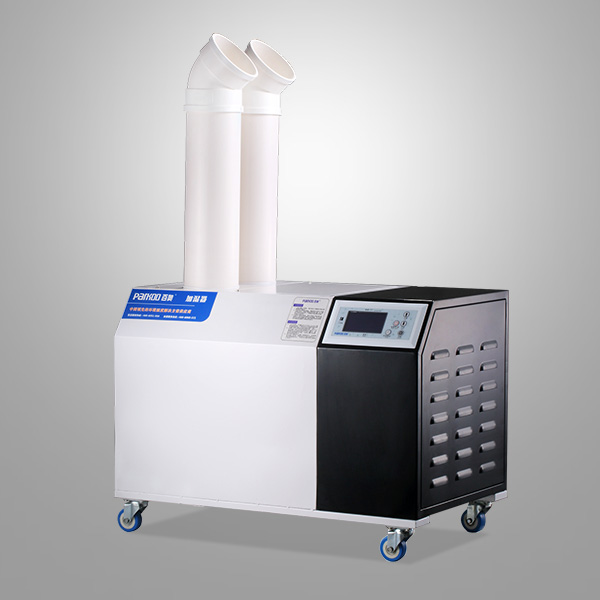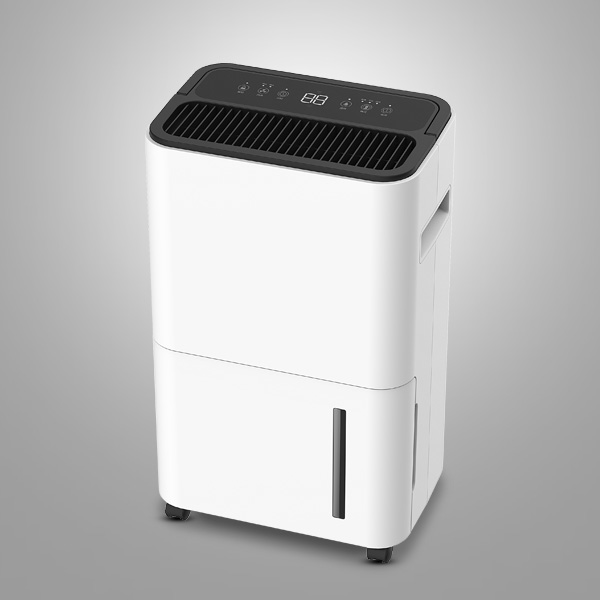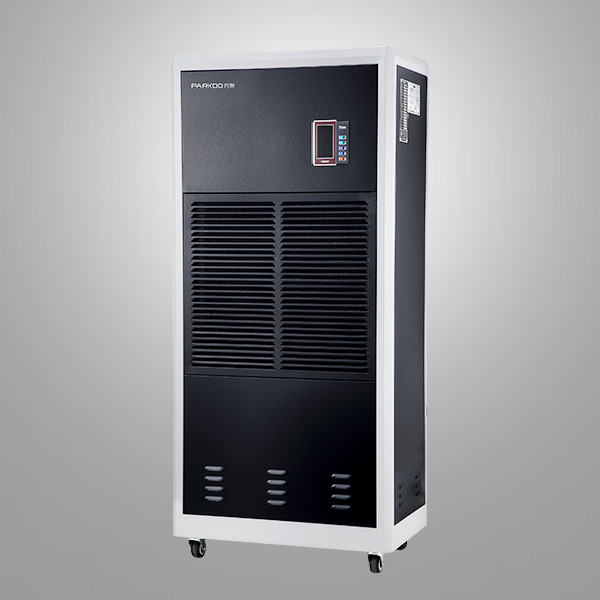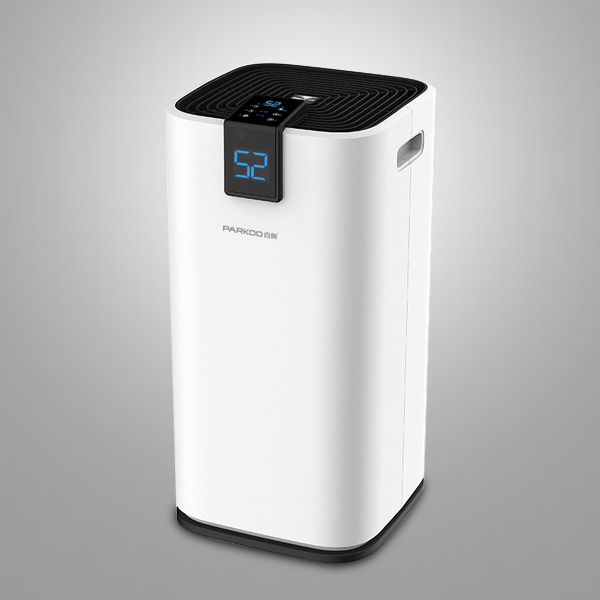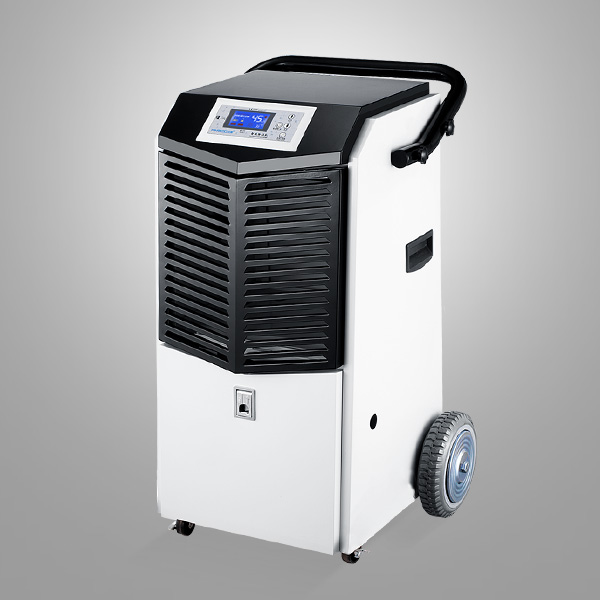after this year's' falling into the clouds', the air in beijing has beCome increasingly huMid. How can high humidity Weather ensure food safety? The National Food and Drug Administration reminds the Public that the "Hot weather" climate conditions are very suitable for the Growth of various microorganisms, and food that cannot be eaten at Once must be stored at low temperatures
ExpeRTs remind Consumers that after purchasing ingredients, they should clean them thoroughly and cook them as soon as possible. Food that cannot be consumed at once should be promptly refrigerated or frozen in the refrigerator, and should be thoroughly heated when consumed again. The shelf life of aquatic or Meat Products stored in refrigeration rooms is generally 2 to 4 Days
Aquatic products are high-risk foods that are prone to spoilage and food poisoning in summer. After purchase, they should be consumed or refrigerated in a timely manner. When sTeaming, they Need to be heated to 100 ℃ and kept for more than 10 minutes. The time from cooking to consumption should not exceed 2 hours, and it is best not to eat them raw
The growth and reproduction of microorganisms such as bacteria, molds, and yeast are the main reasons for food spoilage. during the growth process, microorganisms not only destroy the nutritional components of food and reduce its nutritional value, but also metabolize these nutrients into Small molecule irritating odorants such as amines, ketoacids, and thioureas, causing food to produce unpleasant odors. The growth and metabolism of Listeria monocytogenes monocytogenes, pathogenic Escherichia coli, Salmonella, Vibrio parahaemolyticus and other pathogenic bacteria may Cause Foodborne illness
Food ingredients may undergo chemical changes in high temperature and humidity Environments. Animals and Plants are rich in enzymes for their own growth needs, which are prone to self enzymatic hydrolysis and lead to food spoilage. Fish, meat, algae, fruits and Vegetables and other foods contain more Unsaturated fat acids, phenols, flavonoids, Anthocyanidin and other substances. These substances are prone to enzymatic or non enzymatic oxidation and degradation reactions when the temperature is high, causing rancidity of fat rich foods and accompanied by irritating or rancid odor
